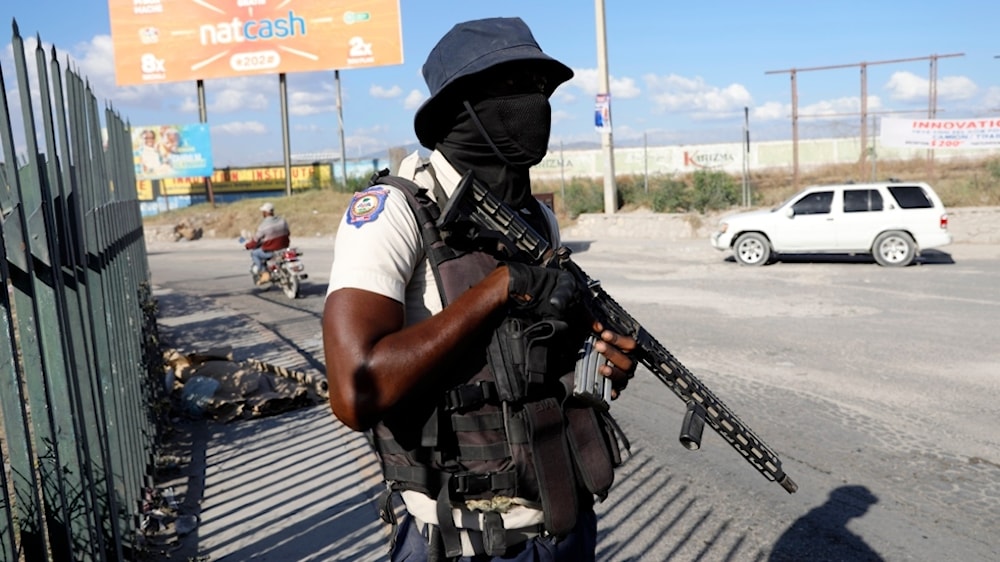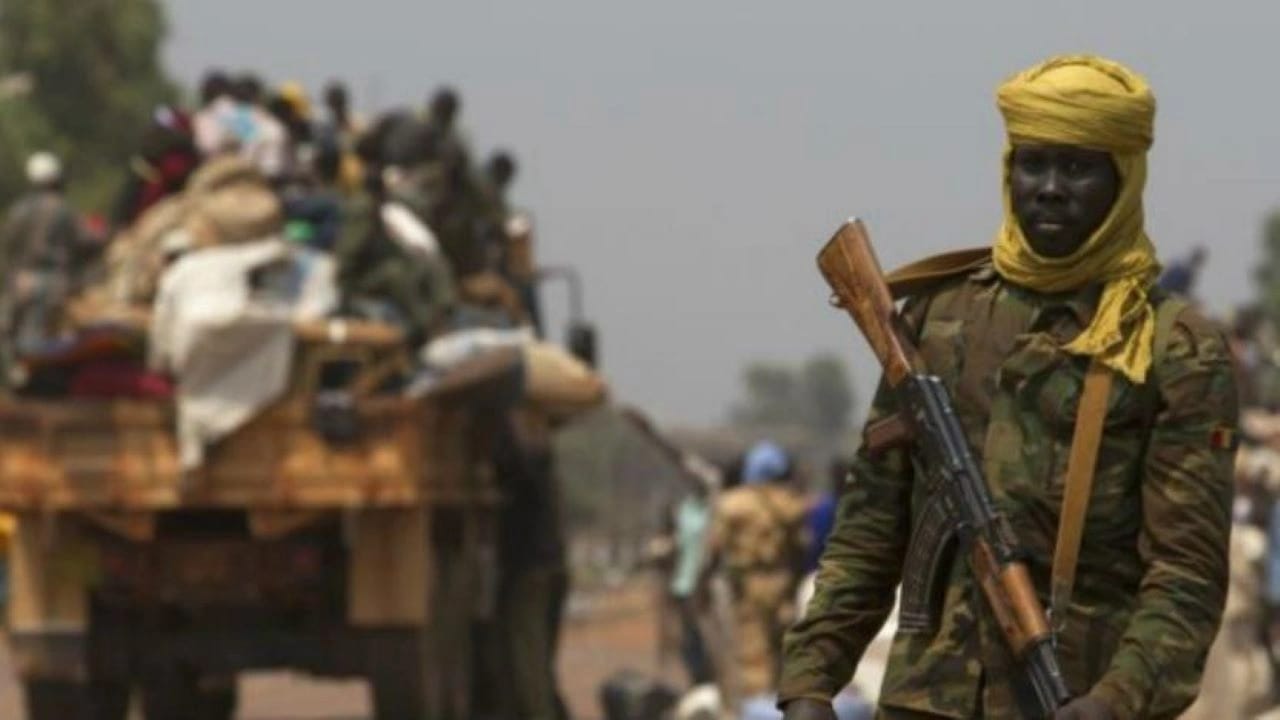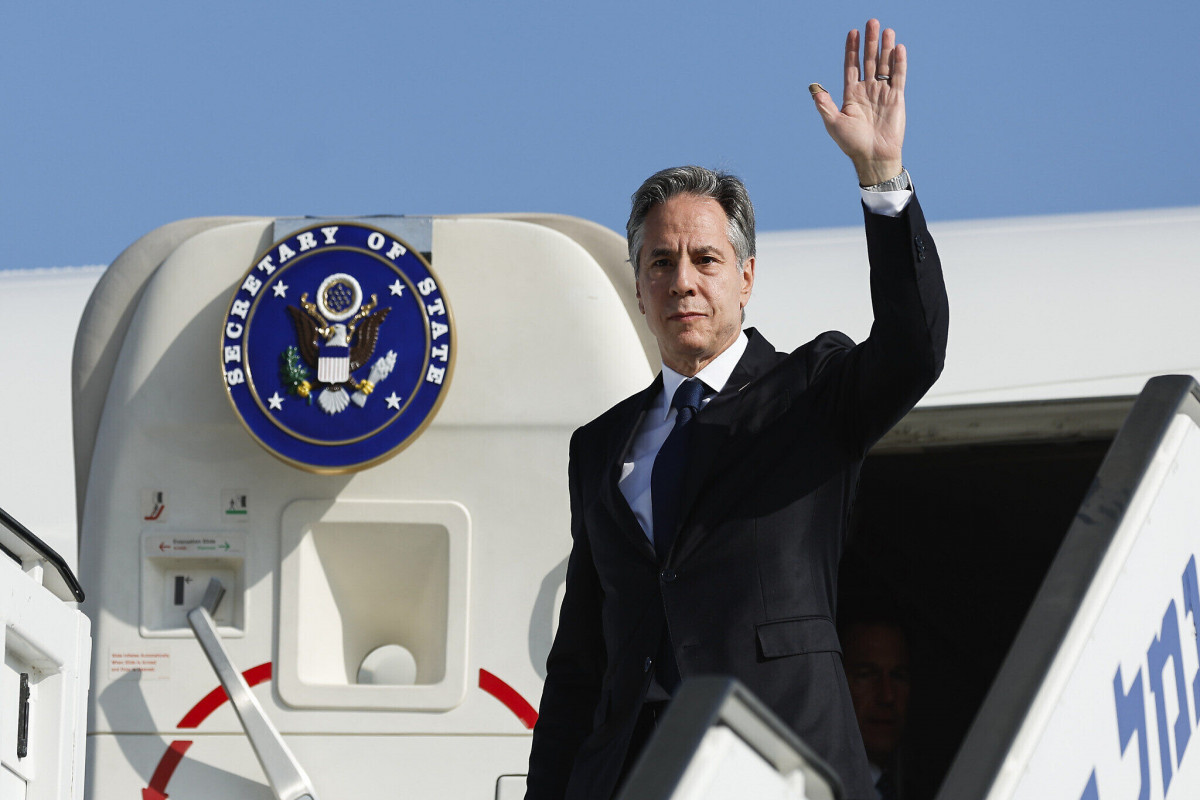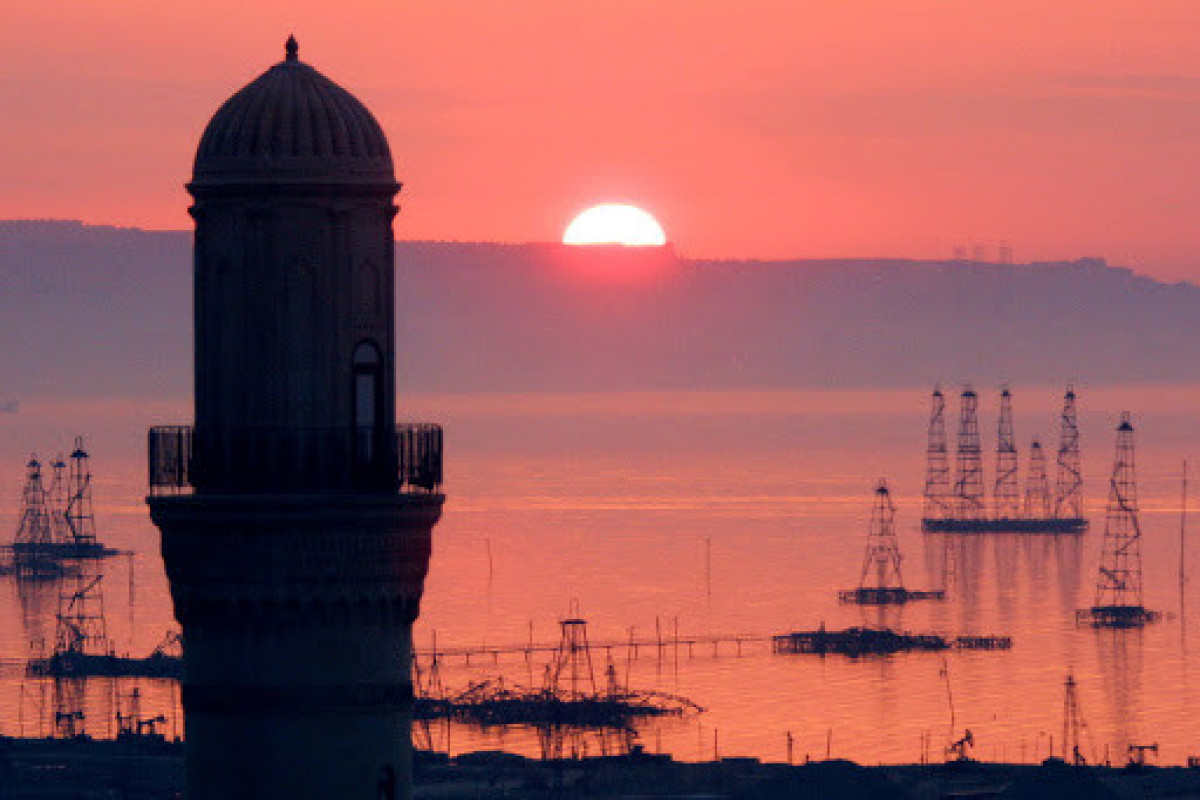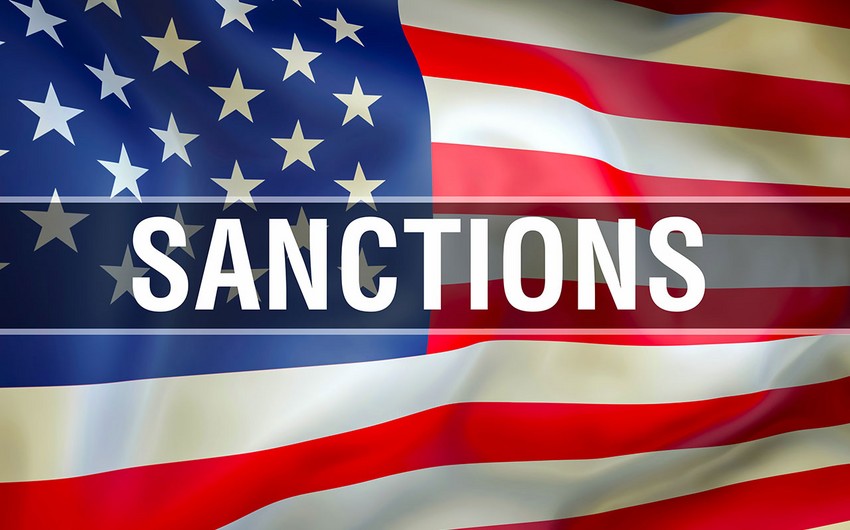Can the United States maintain its national security and governmental stability now that the secretary of defense, Jim Mattis, has left office?
It’s a good question, but here’s a better one: What does it say about our political system’s basic health that it was widely believed to depend on continued supervision of the military by a recently retired Marine Corps general — a general who could only serve as secretary in the first place because Congress waived provisions of a 1947 law called the National Security Act?
Clearly the lines of warmaking authority between the legislative and executive branches, and between the soldier and the state, have not quite developed as the Founding Fathers envisioned. The tangling began long before President Donald Trump and seems likely to get worse before it gets better.
Per the Constitution, Congress has the power to declare war, fund the armed forces and establish the rules under which the military will operate. The president is commander in chief and the primary authority in day-to-day diplomacy.
This division of labor worked imperfectly in practice, even in the early Republic, but there was always clarity about its goals — the rule of law and civilian control of the military.
The rise of the United States internationally in the 20th century shifted power from Congress to the president and, through him, to the uniformed officer corps.
After Vietnam, Congress added statutory restraints via the War Powers Act of 1973, but these have proved relatively feeble. Presidents George H.W. Bush and George W. Bush sought and gained congressional approval for Mideast wars — while denying that they actually needed it. In 1999, President Bill Clinton kept U.S. warplanes in action over the Balkans even after an authorization vote failed in the Republican-controlled House.
President Barack Obama sent U.S. troops to fight Islamic State in Syria based on a creative interpretation of the authority Congress had granted George W. Bush to fight al-Qaida in Afghanistan (and elsewhere) in September 2001.
That quasiblank check remains on the books, despite occasional attempts by various lawmakers to update — i.e., limit — it.
Ironically, it was the failure of legislative efforts to curb presidential discretion in the nearly 18-year-old war on terrorism that left Congress relying on Mattis to stand between the troops and the worst tendencies of a new, out-of-the-mainstream president with no governmental experience.
Lawmakers wanted the general as de facto co-president for military affairs so badly that they exempted him from the National Security Act’s ban on former officers serving as defense secretary until they have been retired for at least seven years.
The expectation was that Mattis might clash with Trump over the latter’s impulsivity about starting wars; no one imagined his resignation on principle would come because Trump tried to bring forces home — from an undeclared war at that.
This is what happens when an America Firster gains control over a Cold War-vintage military establishment designed to be run by internationalists.
Trump’s critics on Capitol Hill seem so flummoxed by his pullout order that they’ve forgotten Congress could declare war on ISIS in Syria tomorrow and dare Trump to resist.
You don’t have to think Trump made the correct decision about Syria, in the correct manner — I don’t — to admit that he had every right to make it, or to wonder which is the sorrier symptom of political decay: the fact that a president defied his generals’ advice, or that so much hinged on the assumption that he wouldn’t?
Fears about Trump’s potential recklessness absent Mattis’ experienced guidance are hardly invalid. Equally valid are protests against his crude use of U.S. troops in Iraq as a backdrop for his latest political rant against the Democrats.
On the latter point, however, Trump was only ratcheting up a long-standing bipartisan tendency toward political exploitation of the military.
Yes, retired Lt. Gen. Michael Flynn led chants of “lock her up” at the Republican National Convention in 2016. But at the Democratic convention, another recently retired four-star Marine general, John Allen, announced that “Hillary Clinton will be exactly, exactly the kind of commander in chief America needs. I know this because I served with her.”
Politicians use the troops and, in many of 2018’s congressional races, soldiers became politicians, because almost alone among U.S. institutions, the armed forces enjoy the public’s trust. Seventy-four percent of those surveyed by Gallup in 2018 expressed “confidence” in the military vs. 11 percent for Congress.
Admiration for the military is, in part, a vestige of the armed forces’ avoidance of partisan politics in recent decades. Military nonpartisanship, in turn, reflected the prevailing postwar centrist consensus, under which the Pentagon accumulated vast resources and influence.
This behemoth was not constructed for a nation where partisanship has grown so strong that it can overpower even the strongest personal ethos or institutional norm. Yet that is the kind of nation we are becoming.
Charles Lane is a Washington Post editorial writer specializing in economic and fiscal policy, and a weekly columnist.

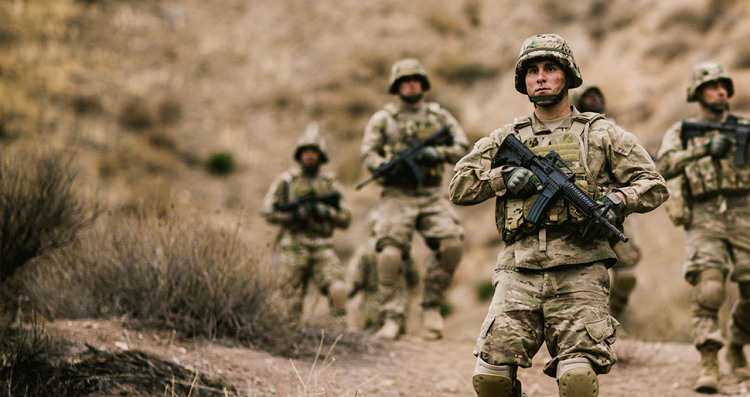



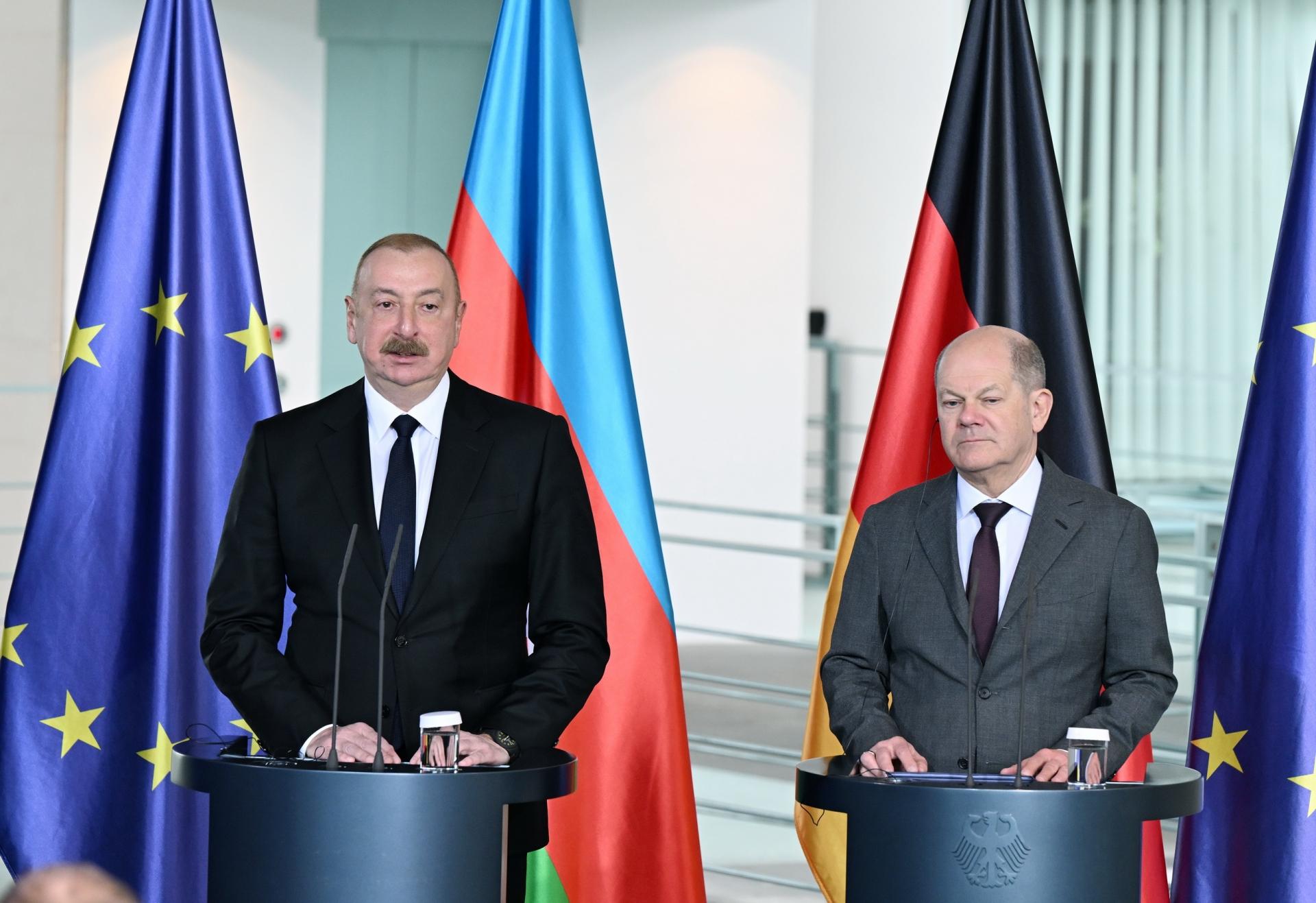
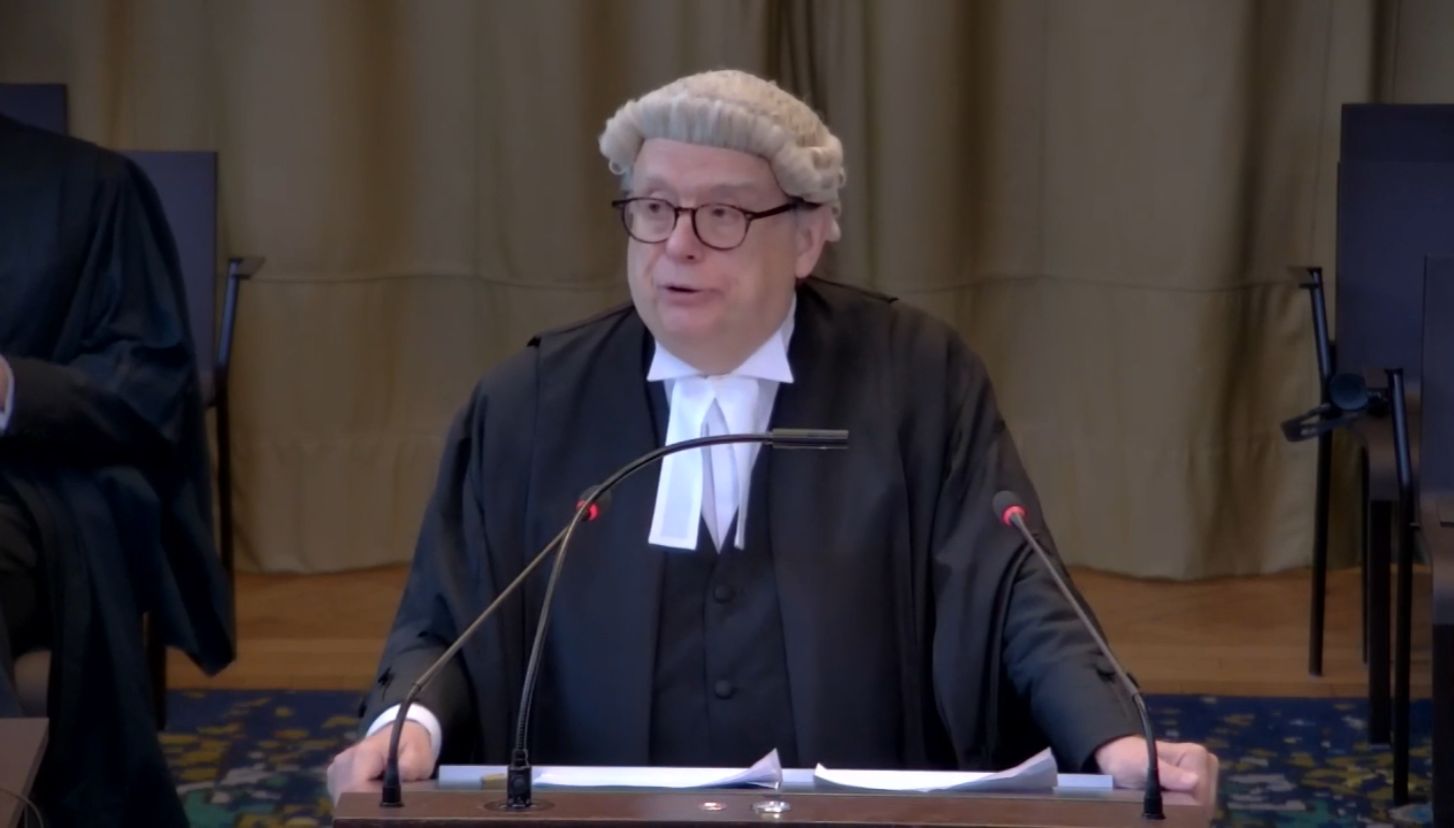
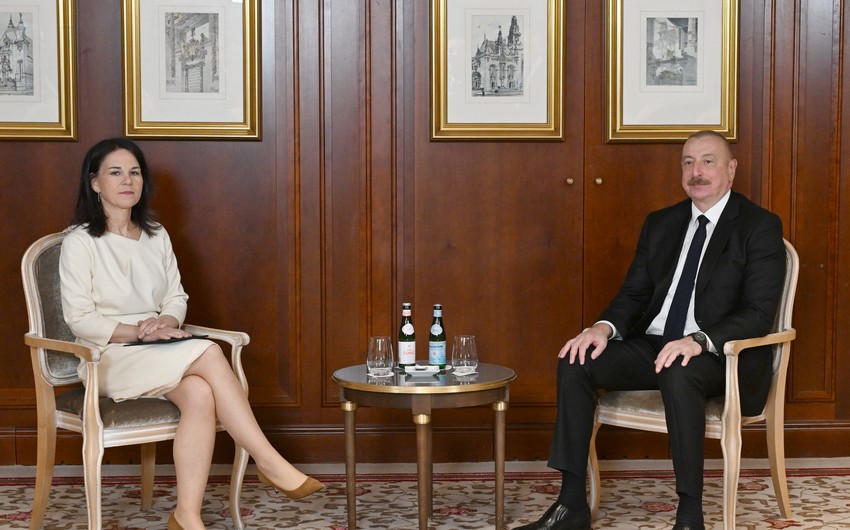
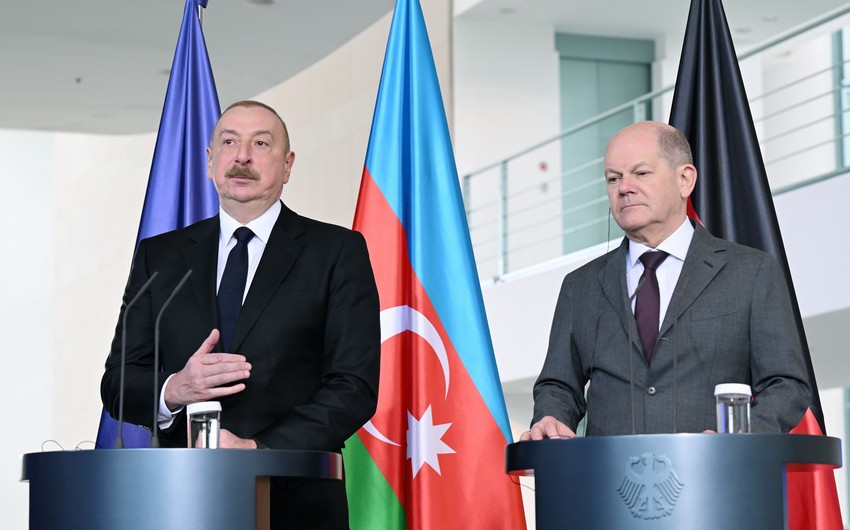
.jpg)

